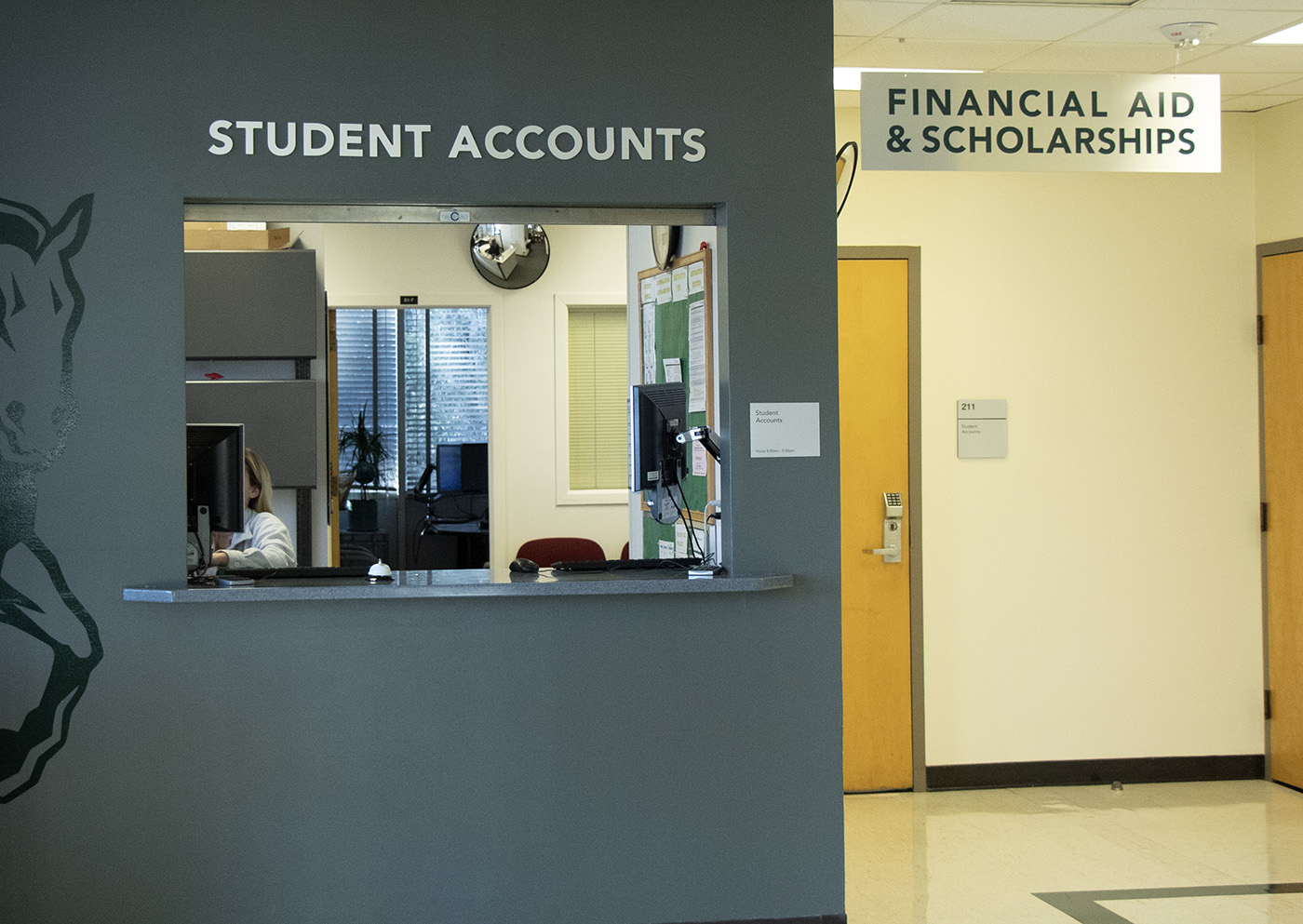A new bill pending referral in the state Legislature offers a solution to soften student loans. Rather than paying back the government, Mustangs would pay back Cal Poly.
Proposed by Randy Voepel (R-Santee), Assembly Bill 154 would require California State University (CSU) and University of California (UC) students to promise a portion of their future income to their university. Sophomores, juniors and seniors could pay off their debt over a period of 10 years, interest free.
However, students who earn more would have to pay more.
According to Forbes, student loan debt in the United States is up to $1.5 trillion. Universities across the country have experimented with so-called income share agreements for years. Purdue’s Back-a-Boiler program and Colorado Mountain College’s Fund Sueños program are just a few examples of schools who provide these options to students.
Cal Poly’s Director of Financial Aid and Scholarships Gerrie Hatten said she was not familiar with the specific bill, but commented on the general idea of income share agreements.
“A lot of people like income sharing programs because students have skin in the game,” Hatten said. “It becomes a revolving fund, because that income students pay would fund grants to more students.”
Environmental engineering freshman Lauren Roide, however, does not feel the same way. Instead of requiring each student to pay a different amount based on their income, she proposed every student pay the same universal amount, “just like loans are the same regardless of major.”
“I think that this would discourage people from getting that high paying job straight out of college because they wouldn’t be as pressured [to pay back the loan],” Roide said.
If the bill were to pass, graduates earning $20,000 or less per year would be exempt from making payments until they pass that threshold. According to a study by the financial website SmartAsset, the average starting salary for Cal Poly alumni is $61,100.
From Hatten’s perspective, the income sharing program would not be as beneficial as simply providing grants to students.
“The question is, if the university has money, do we really want to give it to students in the form of a loan, or do we want to use it to give grants?” Hatten said. “If we have limited resources, how do we want to use them?”
The bill, which would call on CSU and UC to launch a pilot program beginning in the 2021-2022 academic year, which could be voted on as soon as Feb. 7.

